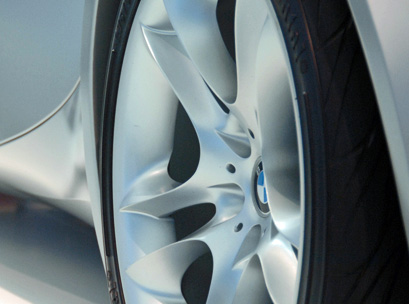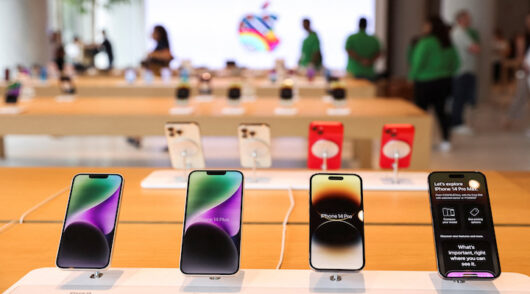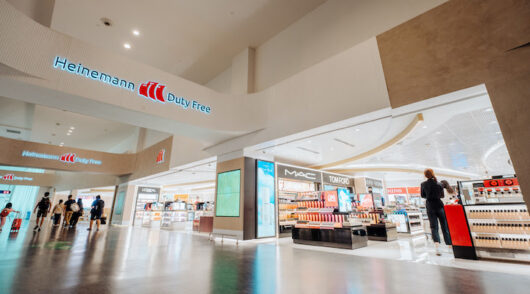A new global reputation study of more than 100,000 consumers shows that who you are as a company is more important than what you produce.
BMW, Sony and Walt Disney top the list of the most reputable companies in the third annual Global RepTrak 100 released by reputation consultancy Reputation Institute.
The study identifies how stakeholders perceive companies and how those perceptions affect purchasing behavior.
The companies with the 10 best global reputations are:
1. BMW
2. Sony
3. Walt Disney
4. Daimler
5. Apple
6. Google
7. Microsoft
8. Volkswagen
9. Canon
10. Lego Group
Google, at the top of the list in 2011 and 2010, fell to sixth place this year. BMW is the new leader, and is the first company to break the mark for reputation excellence. New to the top 10 is Microsoft, who pushed out Intel for a top spot.
“In today’s reputation economy, what you stand for matters more than what you produce and sell,” says Reputation Institute’s executive partner Kasper Ulf Nielsen. “People’s willingness to buy, recommend, work for and invest in a company is driven 60 per cent by their perceptions of the company and only 40 per cent by their perceptions of their products.”
The study shows that in order to win support and recommendations, a company needs to tell its story in a way that connects with stakeholders on a global level. This is a challenge that even the best companies struggle with.
Nowhere was a strong reputation platform more important this year than with IT giant Apple, which maintained its high ranking despite the loss of its iconic leader, Steve Jobs.
Stronger reputations improve global support
The 2012 Global RepTrak 100 shows that while reputations may be strong in a company’s home country, popularity does not translate easily abroad. While companies see as much as 95 per cent of revenue from foreign markets, only 11 per cent of the top 100 companies have better reputations abroad than at home.
“It’s because reputation isn’t something that’s easy to export,” says Nicolas Georges Trad, executive partner at Reputation Institute.
“Your reputation is an emotional connection which is built over time. It’s tied to your history and past actions. Exporting that emotion is proving to be very difficult. But, it’s a recipe for success when competing globally,” he said.
“Today, companies lose as much as 40 per cent of recommendations outside their home markets. This has to change if they want to capture market shares globally. To improve sales, companies must invest in reputation.”
Results from the study showed a strong correlation between a company’s reputation and consumers’ willingness to recommend it. For the top companies, 55 per cent of consumers said they would definitely recommend their products to others, compared with only 22 per cent for the companies at the bottom of the list.
“We live in a time where word-of-mouth is the number one driver of sales and competitive advantage,” says Trad. “Investing in reputation will pay off on the bottom line.”
Methodology
The Global RepTrak 100 study measures the reputation of the 100 most highly regarded companies across 15 countries including: Australia, Brazil, Canada, China, France, Germany, India, Italy, Japan, Mexico, Russia, South Korea, Spain, UK and US. Members of the general public rated a maximum of five randomly assigned companies that they were somewhat or very familiar with using Reputation Institute’s RepTrak Pulse methodology. Data was collected in April 2012.






